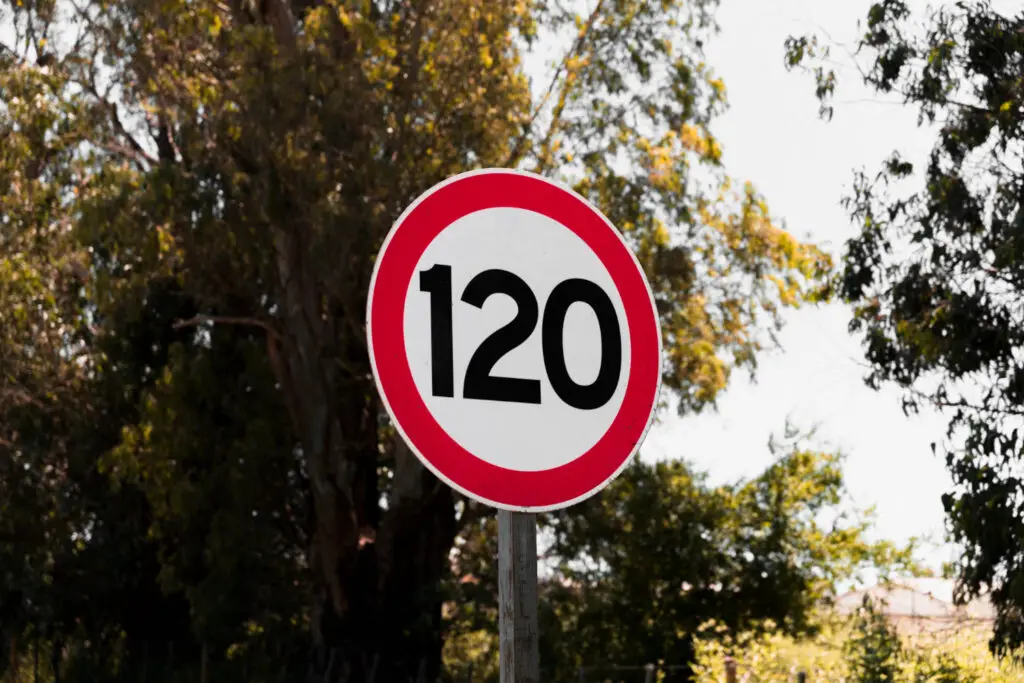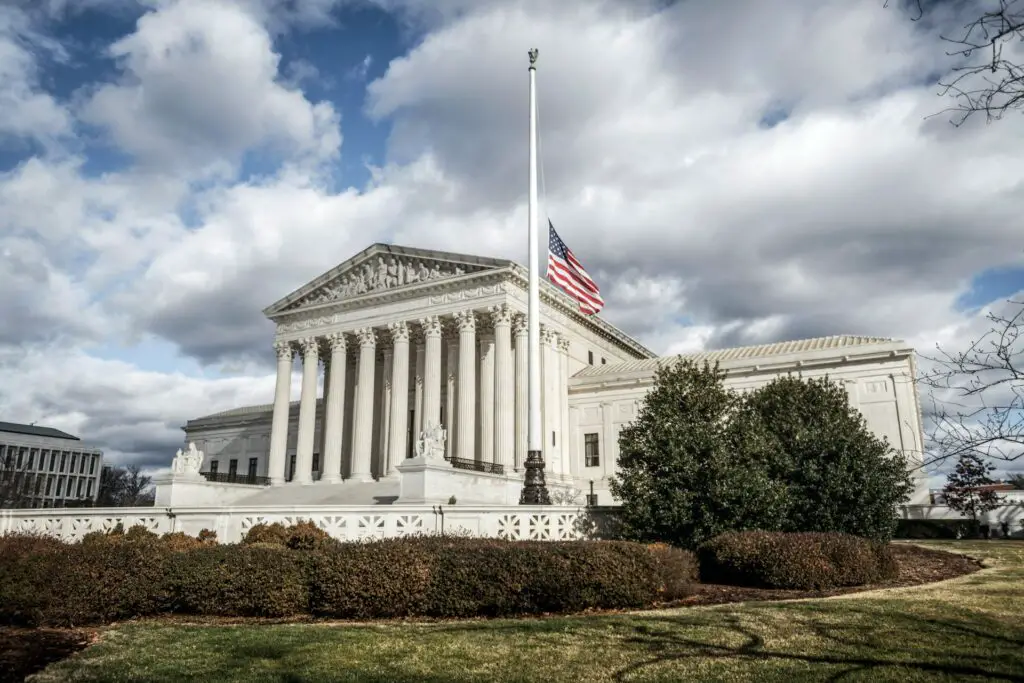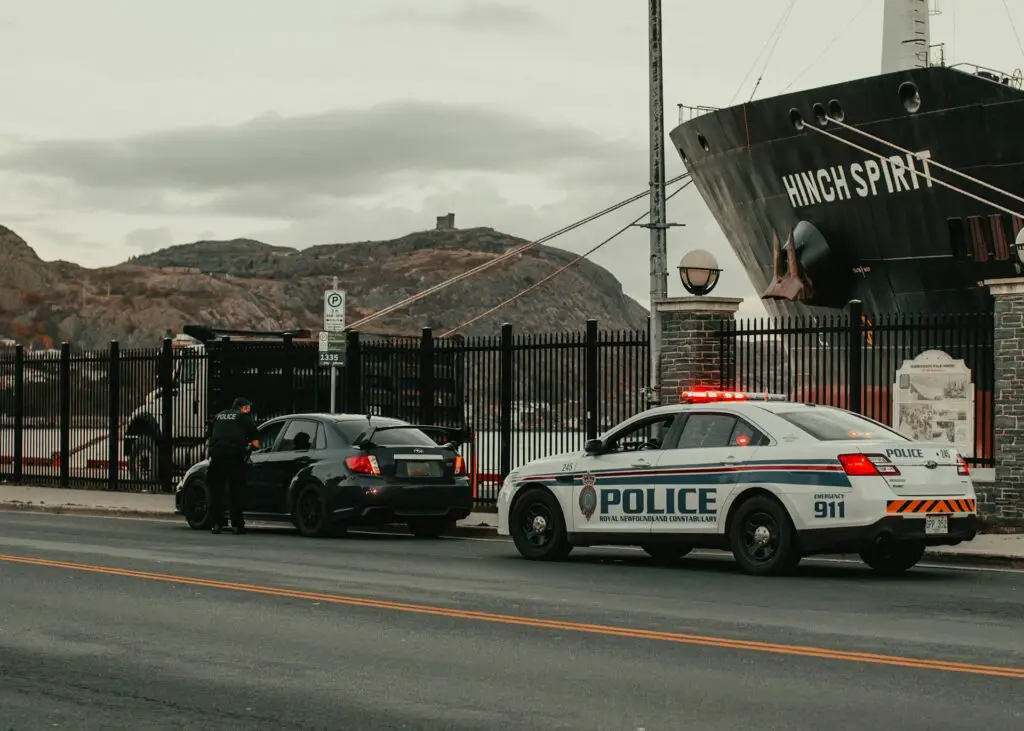What appeared to be a routine traffic stop quickly turned controversial. An officer pulled over the car driver for speeding and asked the driver to get out of the car. When he refused to cooperate, the officer tried to do something that shocked everyone. What happened makes people question the use of force during routine traffic stops and raises more significant questions about policing. Read on to know what he did and whether this pepper spray incident was justifiable in the eyes of the law.
Pepper Spray Incident with Alleged Speeder
The alleged speeding incident is a typical traffic stop event for most of us. This incident seems ordinary at first glance, but how it became famous is the reaction of the police officer. The officer threatened the driver with pepper spray because he was not cooperating. His attempted use of pepper spray has become a focal point of debate.
Common Mistakes in Police Interactions
Sometimes, it can be stressful to deal with police, whether they stop you for speeding or approach you in public. Although people have rights in these situations, they often make mistakes that make things worse. In some cases, these mistakes can even lead to an arrest or even the use of force.
It is also seen that people don’t always act in an obvious way when they are under a lot of stress, like when they are pulled over. If the police stop you, there are several things you should not do. For example, people should be careful while dealing with police officers because anything you say or do can put you in a problematic situation in court. Do not argue with a police officer or make sudden moves that could be taken the wrong way. Though the Constitution says you have the right to free speech, being rude to a police officer could lead to even more trouble. Keep your cool around the police officer, even if you disagree with what they did.
Don’t stop your car in the middle of the road, either. When you stop, you should never throw something out the window. Throwing things away can be seen as a sign of trouble or an attempt to hide proof. According to EG Eisner Gorin, here are some things you shouldn’t do if you are stopped by police in California.
- Ignoring police instructions
- Changing positions quickly
- Getting into a fight or being rude
- Agreeing to a search without a warrant or probable cause
- Running away
- Lying about who you are
- Volunteering Details
- Fighting the arrest
- Offering to admit guilt
Importance of Following Police Orders When Pulled Over

Your actions and statements during a traffic stop might significantly affect your court case outcome. If the police pull you over, they can ask you to leave your car without breaking the Constitution. Upon their request, you are required to get out of your vehicle.
Complying with the officer’s request to step out of the vehicle does not make you guilty of anything. If you immediately comply, you’ll have a better chance of finding out the officer’s cause for asking you to step out of your vehicle.
Legal Allegations of Resisting Police Orders in Traffic Stops
What the law says about refusing police orders during traffic stops is crucial. According to Dale Savage Law, if you don’t get out of the car when the police tell you to, they will see that as resisting arrest, and they can take you with reasonable force. In other words, the police can legally force you out of your car. So, you can be arrested if you don’t follow a police officer’s legal order.
Supreme Court Case of Pennsylvania vs. Mimms & Pepper Spray Incident

Let’s analyze this case like a court did with the Supreme Court case of Pennsylvania V. Mims. The Supreme Court heard a case very similar to this one. It is called Pennsylvania vs. Mimms, and it is one of the most critical cases about your rights during a traffic stop. The Supreme Court ruled that when the police have probable cause for a traffic stop, the police could tell drivers to get out of their cars. They made this decision because they thought it was best for officer safety, even though it may be inconvenient for the driver.
Although Pennsylvania vs. Mimms wasn’t a DUI case, its main point is the same. If the officer asks you to leave the car, you must follow the order. So, just like Pennsylvania V. Mims, the officer’s command in this video was lawful. The driver’s failure to come out of the vehicle when ordered to do so means that the officer can use pepper spray as an alternative use of force to the physical confrontation of dragging the driver out of the vehicle. Hence, it makes this officer’s use of force justifiable.
Protecting Your Rights While Unconstitutional Searches
It is essential to know your rights when police search you without a warrant. According to Shouse Law, if the police inspect your car without a warrant, you may be able to exclude any collected evidence in a trial. However, if you agree to a search, those arguments are no longer valid. In that case, do not agree to have your car searched.
Conclusion: Your Rights and Responsibilities in Being Pulled Over
Finally, before the police stop you, you should know your rights, responsibilities, and other vital facts. Meanwhile, you can handle traffic stops well if you learn about past cases like Pennsylvania v. Mimms and understand your responsibility to follow lawful orders. Knowing this will help ensure that your interactions with law enforcement don’t turn violent or put your freedom at risk.

